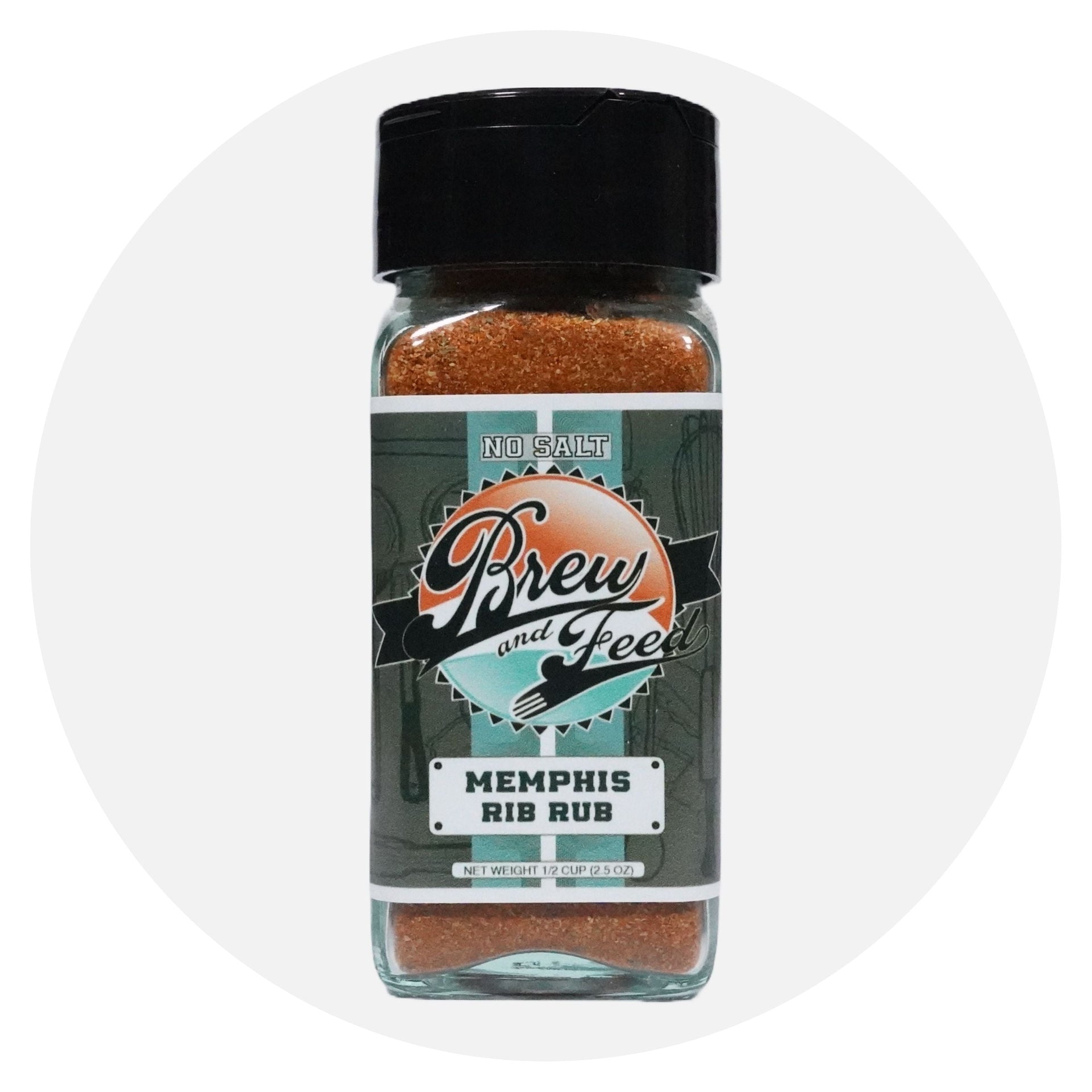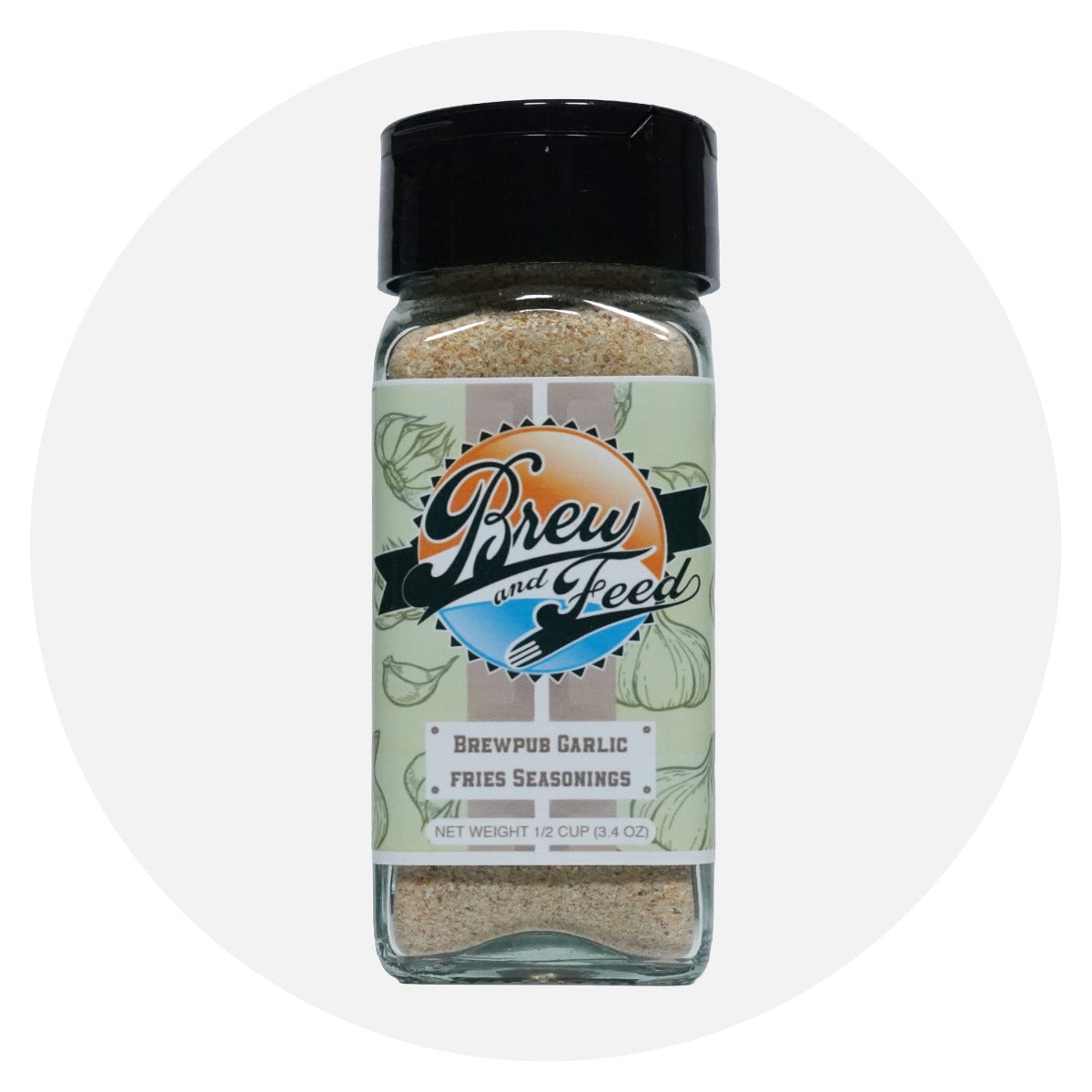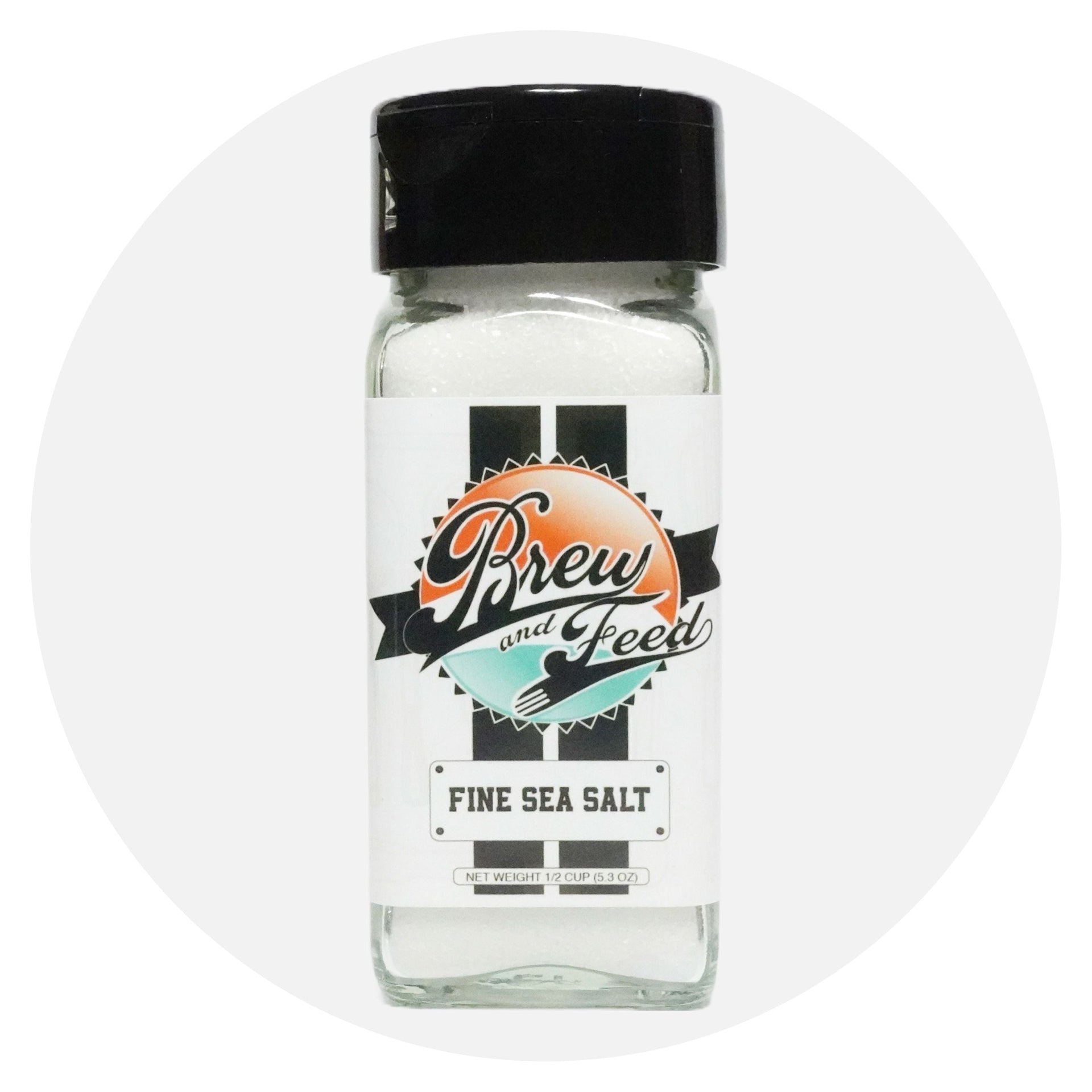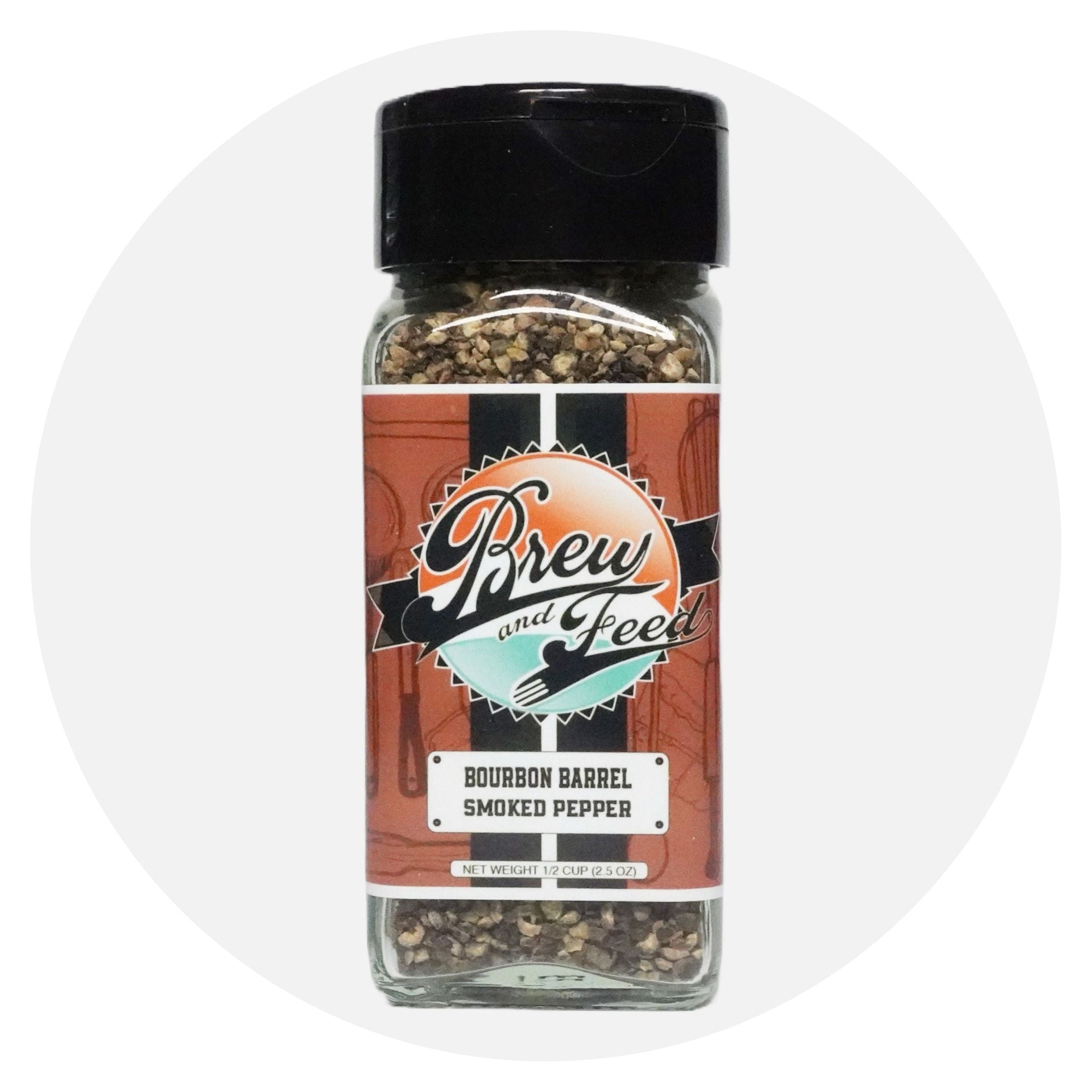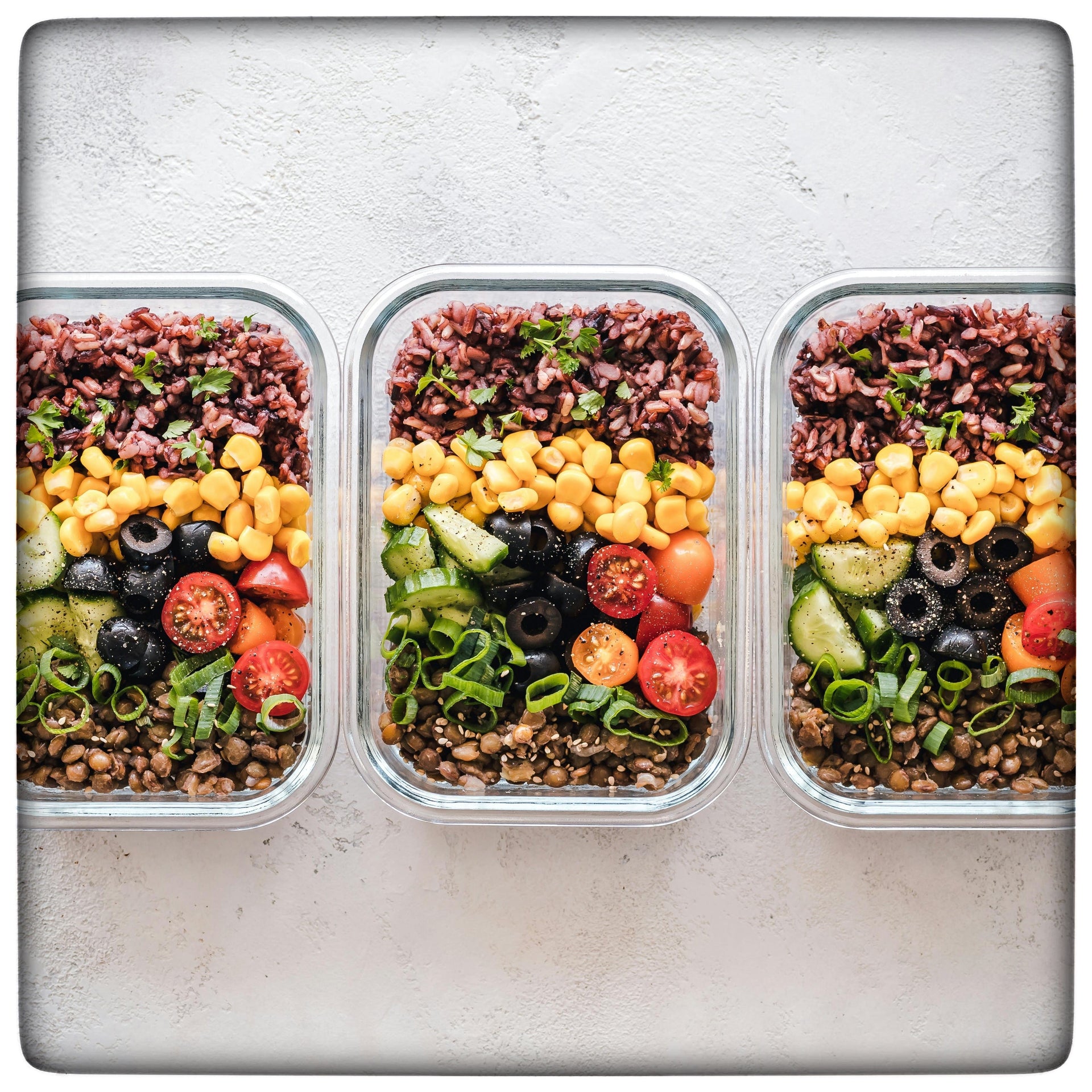
Mastering Meal Prep: Effective Strategies to Save Time and Reduce Food Waste
Meal prepping is a game-changer for anyone looking to save time, eat healthier, and minimize food waste. By planning and preparing your meals in advance, you can enjoy home-cooked food without the daily hassle, all while being kinder to your wallet and the environment. Here’s a comprehensive guide to effective meal prepping and reducing food waste.
1. Plan Your Meals
The foundation of successful meal prep is a well-thought-out plan. Start by deciding on the meals you want to prepare for the week. Consider:
- Variety: Include a mix of proteins, vegetables, and grains to keep your meals interesting.
- Seasonal Produce: Opt for fruits and vegetables that are in season for better taste and lower cost.
- Realistic Portions: Plan portions based on your household’s appetite to avoid over-preparing.
Use a meal planning app or a simple spreadsheet to organize your meals and create a shopping list.
2. Smart Shopping
Once you have your meal plan, create a detailed shopping list. Stick to this list to avoid impulse buys that could go to waste. Consider these tips:
- Bulk Buying: Purchase staples like grains, beans, and nuts in bulk to save money and reduce packaging waste.
- Perishables: Buy perishables in quantities you can realistically use before they spoil.
- Check Expiration Dates: Choose products with the longest shelf life, especially for items you don’t use immediately.
3. Prep Efficiently
Set aside a specific time each week for meal prep. This could be a few hours on Sunday or another day that fits your schedule. Here’s how to make the most of your prep time:
- Batch Cooking: Prepare large batches of staples like rice, quinoa, beans, and roasted vegetables that can be mixed and matched throughout the week.
- Chop and Store: Wash and chop vegetables in advance. Store them in airtight containers or reusable bags to keep them fresh.
- Cook Proteins: Cook proteins such as chicken, tofu, or fish in bulk and store them separately. This makes it easy to assemble meals quickly.
4. Proper Storage
Effective storage is key to keeping your prepped food fresh and safe to eat. Invest in high-quality, reusable containers in various sizes. Label containers with the date of preparation to keep track of freshness. Here are some storage tips:
- Glass Containers: These are great for reheating food and are more durable and eco-friendly than plastic.
- Freezer-Friendly: Portion out meals and store them in the freezer if you don’t plan to eat them within a few days.
- Vacuum Sealing: Consider vacuum sealing to extend the shelf life of prepped ingredients and reduce freezer burn.
5. Use Leftovers Wisely
Repurpose leftovers to create new meals and avoid waste. For example:
- Leftover Vegetables: Use them in soups, stews, or stir-fries.
- Stale Bread: Turn it into croutons, bread pudding, or breadcrumbs.
- Cooked Grains: Mix them into salads, soups, or breakfast bowls.
6. Composting Scraps
Even with careful planning, some food waste is inevitable. Composting is an excellent way to recycle organic waste and enrich your garden soil. Collect food scraps such as vegetable peels, coffee grounds, and eggshells in a compost bin. If you don’t have a garden, check for local composting programs or community gardens that accept compost contributions.
7. Monitor and Adjust
Evaluate your meal prep process regularly. Take note of what works and what doesn’t:
- Track Waste: Keep a log of food items that go to waste. Adjust future shopping and meal planning based on this information.
- Experiment: Try new recipes and ingredients to keep things exciting and prevent burnout.
- Portion Control: Adjust portion sizes based on your consumption patterns to avoid over-preparation.
Conclusion
Meal prepping is a powerful tool to streamline your cooking routine, eat healthier, and significantly reduce food waste. By planning ahead, shopping smart, prepping efficiently, and storing food properly, you can enjoy delicious home-cooked meals with minimal effort throughout the week. Embrace these strategies and transform your approach to cooking and food sustainability. Happy prepping!

